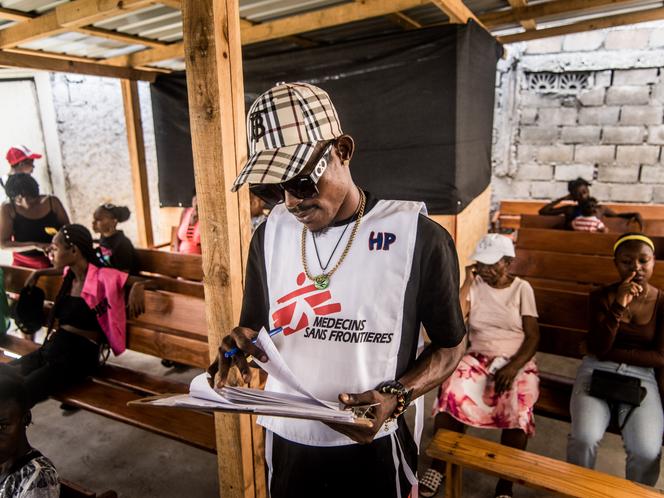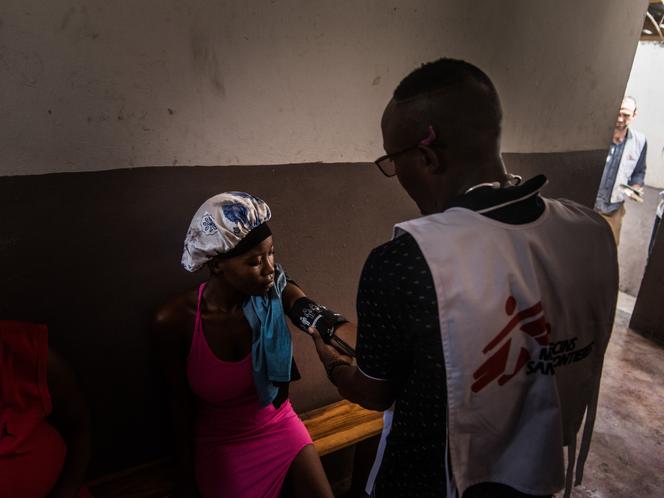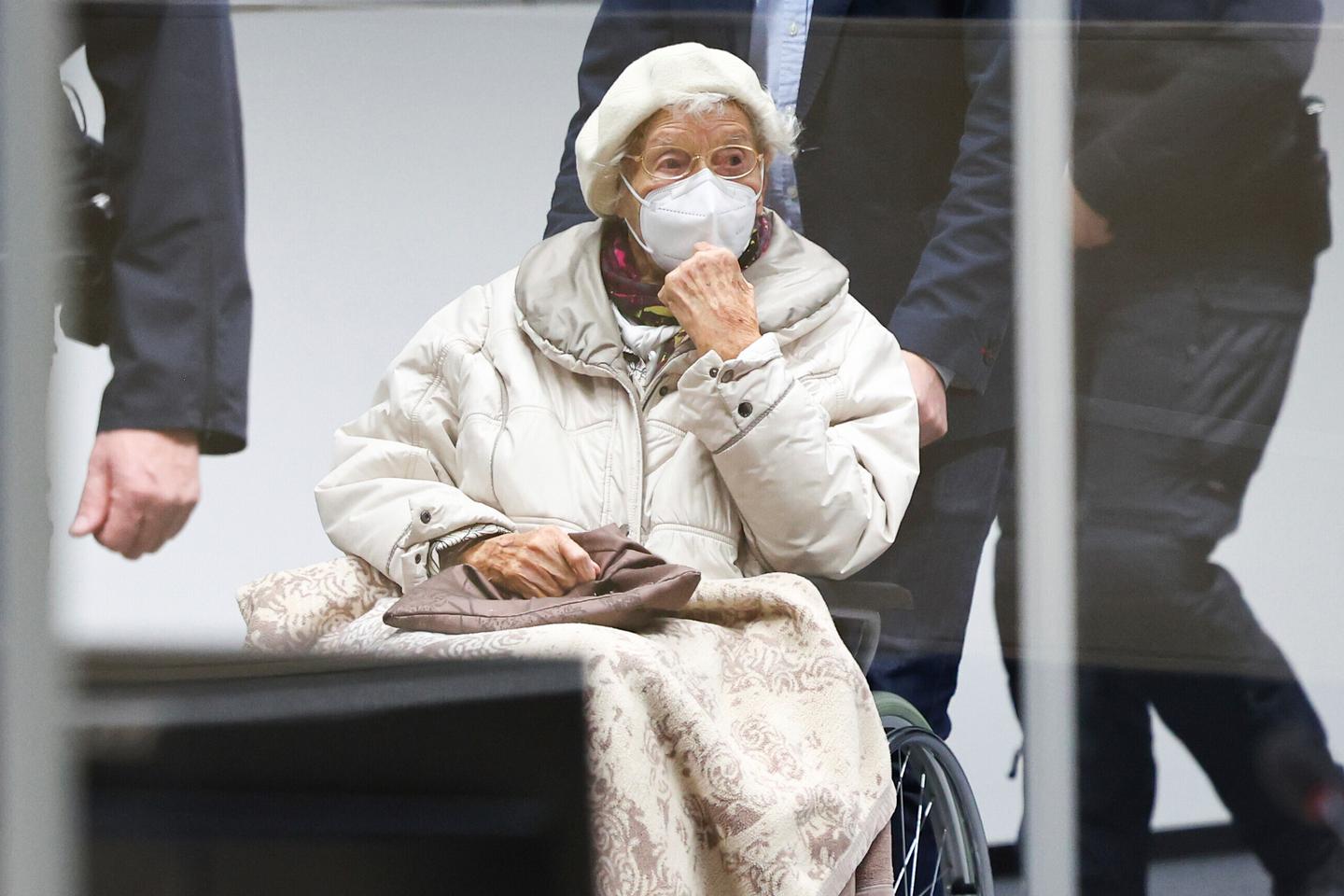Haiti’s health system, the victim of gang ransacking, threatens to collapse – Technologist
Seated on a double row of benches, some 60 people waited under the shelter of a small building in Bel Air, a working-class area of Port-au-Prince, the capital of Haiti. Around them, healthcare professionals, recognizable by their white vests bearing the Doctors Without Borders (MSF) logo, bustled about, looking busy, sweat beading on their foreheads. One by one, the patients, mainly women and children, were directed to one of the wards to be treated by Haitian or foreign professionals.
On this Monday morning in July, consultations were in full swing at the mobile clinic on Rue Lamarre, run by the humanitarian NGO. Twice a week, this clinic, set up in a school attacked and looted by armed gangs in early April, sees the inhabitants of this neighborhood, which has escaped the control of the Haitian authorities since gang leader Kempès Sanon made it his stronghold. Like Bel Air, 80% of the Port-au-Prince metropolitan area is controlled by criminal gangs.


“It’s an underprivileged population. We provide them with care to which they no longer have access,” explained a nurse after examining a five-month-pregnant patient. The professional, who requested anonymity for fear of possible reprisals, said she sees around 30 people a day. “Many pregnant women, urinary tract and skin infections and a few gunshot wounds,” summed up the nurse.
In addition to the Bel Air clinic, MSF runs five mobile clinics on a weekly rotation in the most dangerous neighborhoods of Port-au-Prince. Over a hundred consultations take place every day at each of these sites, in addition to five larger hospital structures. The gangs tolerate the presence of humanitarians in these medical centers and in their well-marked vehicles. However, “there are sometimes security issues that prevent us from working,” deplored Mumuza Muhindo, MSF France’s head of mission in Haiti.
‘They ransacked everything’
These humanitarian structures have become indispensable in this city, where many health facilities have been ransacked by armed gangs. The situation took a turn for the worse in February, when several groups joined forces and stepped up attacks to overthrow the government. Six out of 10 hospitals “are barely operational as recent escalating violence in Port-Au-Prince,” warned UNICEF at the end of May. “Haiti’s health system is on the verge of collapse,” deplored Bruno Maes, UNICEF Representative in Haiti.
In the country’s capital, providing health care to the population has become a huge challenge. “The two hospitals where I worked are closed,” explained pediatrician Clertida Lamothe Cassamajor. The larger of the two, the Centre Hospitalo-Universitaire Saint-François-de-Sales, which had around 100 beds and several specialized services, was attacked in early March by the 5 Segond gang. “They ransacked everything, took everything. Even the doors,” said the doctor indignantly. “We had to evacuate in a hurry with the patients.”
You have 62.82% of this article left to read. The rest is for subscribers only.


